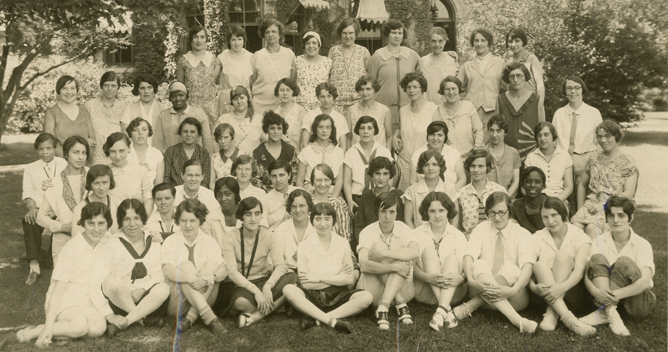Event Title
Facing Oppression
Speaker Bio
Jade E. Davis is a soon to be Doctoral Candidate in the Department of Communication Studies at the University of North Carolina at Chapel Hill focusing in Media and Performance Studies. She holds an Master of Arts Degree from NYU's Institute of French Studies. Her research centers on the digitization and social media's effect on the photographic archive through an exploration of the black female body. The practicum portion of her project includes creating traditional and digital art pieces, as well as engagement through the social media site Tumblr.
Abstract
As photographic archival material goes through the process of digitization, they are being interacted with and written about in ways that were not possible before. Amongst the plethora of material now available are photographs depicting the experience of slavery, post slavery, and colonization. By examining the role these types of photographs continue to play in how we continue to imagine oppression, specifically when related to the black female body, this paper hopes to shed light on some of the pitfalls in our collective imagination. In addition, by examining specific instances of circulation of imagery, I explore our orientation towards viewing concepts such as "racism", "slavery", and "oppression" as a continuum that is outside of time and space through an engagement with semiotics, psychoanalysis and Frantz Fanon.
Facing Oppression
As photographic archival material goes through the process of digitization, they are being interacted with and written about in ways that were not possible before. Amongst the plethora of material now available are photographs depicting the experience of slavery, post slavery, and colonization. By examining the role these types of photographs continue to play in how we continue to imagine oppression, specifically when related to the black female body, this paper hopes to shed light on some of the pitfalls in our collective imagination. In addition, by examining specific instances of circulation of imagery, I explore our orientation towards viewing concepts such as "racism", "slavery", and "oppression" as a continuum that is outside of time and space through an engagement with semiotics, psychoanalysis and Frantz Fanon.

